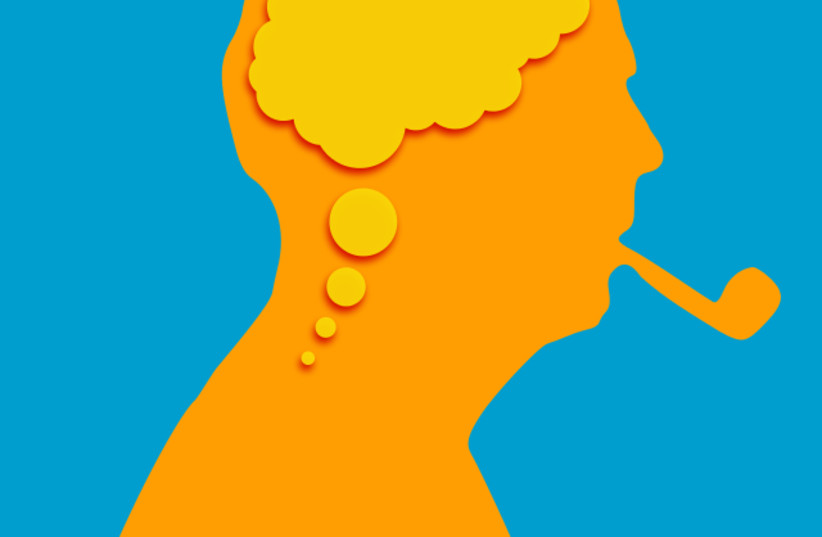We all know Dejà Vu - in French it’s "already seen" (Déjà Vu). It’s a very common phenomenon that evokes a feeling of familiarity but is a weaker feeling than a real memory. Deja vu is like a vague memory of a situation from the past that didn’t necessarily happen rather than an actual event we already experienced. It’s the feeling that you dreamed something, and now it’s happening.
But what is jamais vu, or French for “never seen'', the strange phenomenon often described as the "opposite" of Déjà Vu?
What is Déjà Vu?
"Generally, we experience a perfect match between objective and subjective cognition, things we know to feel familiar and those that feel unfamiliar," wrote psychologists Alan S. Brown and Elizabeth J. Marsh in the book Psychology of Learning. They added that Déjà Vu is a mismatch between the two, with positive subjective recognition versus negative objective recognition.
In other words, it's when meeting someone you've never met before, and feel that you might have already met. The phenomenon has gained a lot of folklore around it, from explanations that it’s an expression of repressed memories through a belief that it’s a supernatural prophetic ability, to memories that you had in a previous life as if your soul was reincarnated. But scientists believe this experience stems from a noticeable physical problem of temporary perceptual disorder in the brain.
Your first time in your own dining room
Jamais vu’s the opposite - negative subjective consciousness versus positive objective consciousness. For example, you walk into the dining room of the house where you grew up, and it seems for an unfamiliar moment like it’s your first time there. Experts stated that this can be a rather disturbing experience for those who experience it.

"Once I got off my regular bus stop to go home, and it was like getting off a bus in a foreign country. I didn’t recognize the street signs, location, anything. I had to use Google Maps,” wrote a Reddit user who experienced the phenomenon while having a migraine. He added that another time he was In his bedroom and it was like being in a stranger's apartment. He didn’t recognize anything and started to freak out until his dog approached him. He realized that if the dog knew him that all was fine. Then he found an email addressed to him and thought 'this must be my apartment', but nothing seemed familiar.
Researchers in a study that examined this subject had volunteers copy words over and over until they felt strange, completed the task, or had to stop for other reasons. "About two-thirds of all participants reported bizarre subjective experiences during the task," the team wrote in an article published in the journal Memory."Participants reported feeling strange after about thirty repetitions, or one minute."
The experiment also found that people who had recently experienced deja vu were more likely to feel a feeling of jamais vu, or a similar phenomenon.
